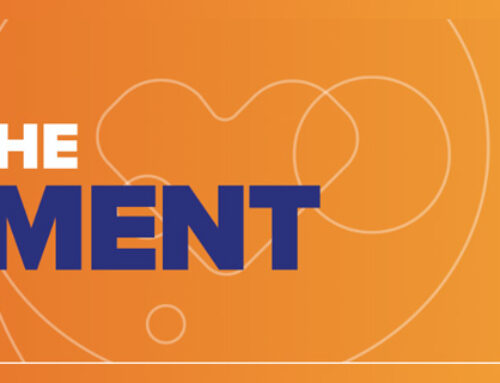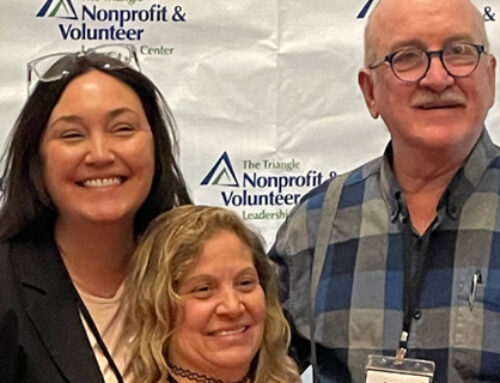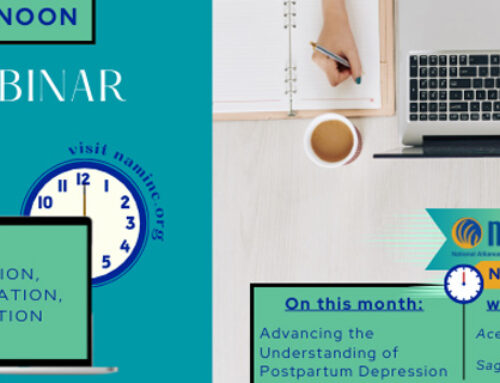Each year, millions of Americans face the reality of living with a mental health condition. However, mental illness affects everyone directly or indirectly through family, friends, or coworkers. That is why each year, during the first week of October, we take time to raise awareness, fight discrimination and provide support.
Mental Health Statistics Across the U.S.
- 1 in 5 U.S. adults experience mental illness each year.
- 1 in 20 U.S. adults experience serious mental illness (SMI) each year. An SMI is defined as a mental illness that causes severe interference with a person’s life and ability to function.
- 1 in 6 U.S. youth aged 6-17 experience a mental health disorder each year.
- Non-Hispanic multiracial adults are the largest subgroup to suffer mental illness (34.9%), followed by Non-Hispanic American Indian or Alaska Natives (26.6%).
- Over 50% of LGBTQ+ identifying adults suffer mental illness each year.
- Anxiety disorders have the highest prevalence (estimated 48 million people), followed by major depressive disorder (estimated 21 million people).
- Only 47.2% of U.S. adults with mental illness received treatment in 2021. The majority of them were women.
- 164 million people live in a designated Mental Health Professional Shortage Area.
What You Can Do
If you’d like to join the fight against mental health stigma, here are a few ways to get involved.
- Educate yourself on the prevalence of mental health issues in this country. The NAMI NC website and NAMI.org both have valuable information on mental health diagnoses, treatment options, and blogs and personal stories from those in recovery. You can also research articles about the state of mental health treatment and infrastructure in North Carolina to learn more about the issues at play.
- Share our materials about educational sessions and support groups. Do you know anyone struggling with mental illness, or family members of those with mental illness? Share our programs with them! Let them know that NAMI offers classes like Peer-to-Peer or Family-to-Family, and in-person and virtual support groups all over the state.
- Advocate for better mental health access. Contact your local representatives and urge them to support legislation that provides for better access to mental health professionals, treatment centers, insurance reimbursements, and covered medications. Encourage them to build upon our work with 988 and invest more into mobile crisis units. For more information on NAMI NC public policy priorities, visit https://naminc.org/get-involved/advocate/.





